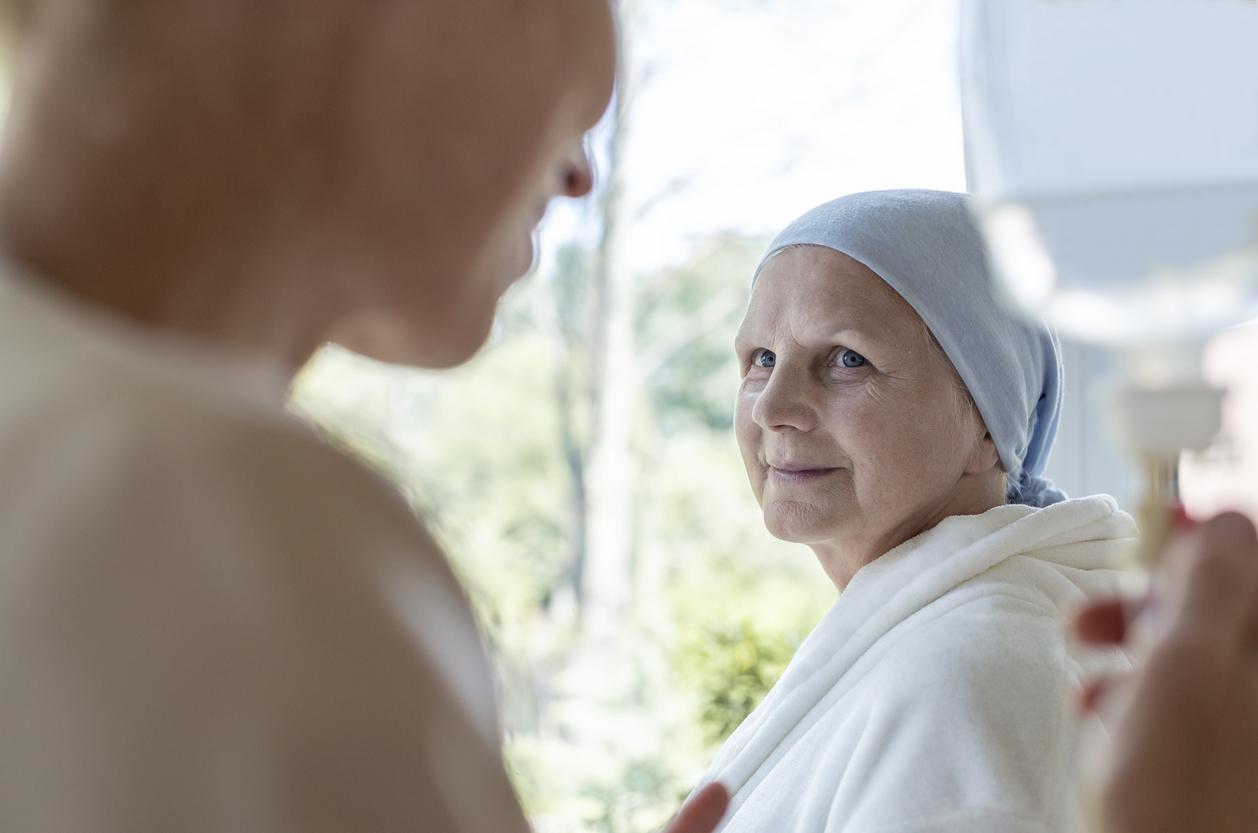In 20 years, 48 patients have died from docetaxel, according to the ANSM survey. The use of the molecule remains suspended in breast cancer.

Since its marketing in 1996, docetaxel has caused the death of 48 cancer patients, according to theinvestigation national pharmacovigilance system commissioned by the National Medicines Safety Agency (ANSM). This anti-cancer drug, used in combination in many cancers (breast, prostate, lung, etc.) has been the subject of an investigation since September 2016. It was initiated following reports of serious side effects having led to the dead. Between August 2016 and February 2017, 5 women suffering from breast cancer died. They succumbed to enterocolitis caused by docetaxel.
“Rare” cases
The side effects of the molecule, by definition cytotoxic, were documented. These complications were known to oncologists and health authorities. But the multiplication of the number of cases, revealed last February, has caused a wave of panic in recent weeks.
However, the ANSM is reassuring. “Cases of adverse effects such as colitis or septic shock are rare in all indications”, indicates the survey, specifying that they mainly appear within 2 weeks of administration of the product. In more than 20 years, 187 cases of colitis or septic shock have been reported, 48 of which have resulted in death. “Deaths remain rare (around 1 / 10,000) for a drug that has reduced mortality in many cancers,” she adds.
The less cautious EMA
The ANSM’s preliminary conclusions join those published on March 15 by the European Medicines Agency (EMA). Following the French fatal cases, a European-wide investigation was carried out. In his waypoint, the EMA indicates that it has not observed an increase in the side effects of docetaxel over the past two years. However, the investigation is continuing.
The ANSM also plans to continue its investigations to identify all the undesirable effects of docetaxel (originator and generics), but also those of paclitaxel, an alternative to docetaxel in the treatment of early breast cancer. In the meantime, the agency reiterates the recommendations of the National Cancer Institute issued in February 2017. They recommend avoiding the use of docetaxel in women with operable breast cancer. The EMA seems less cautious since it advises doctors to continue prescribing the treatment, pending the final results of the investigation.
.

















